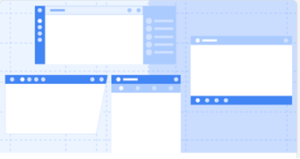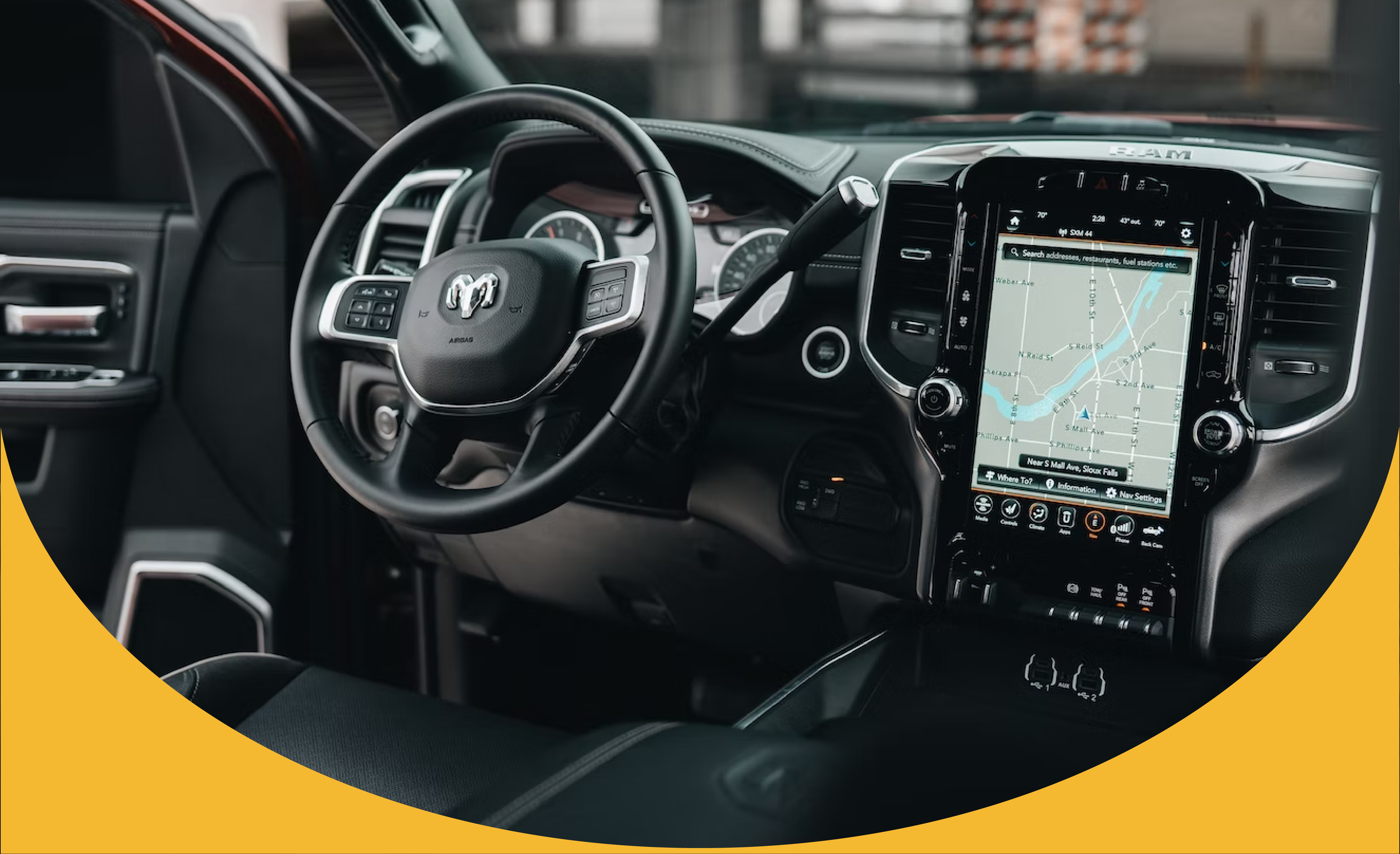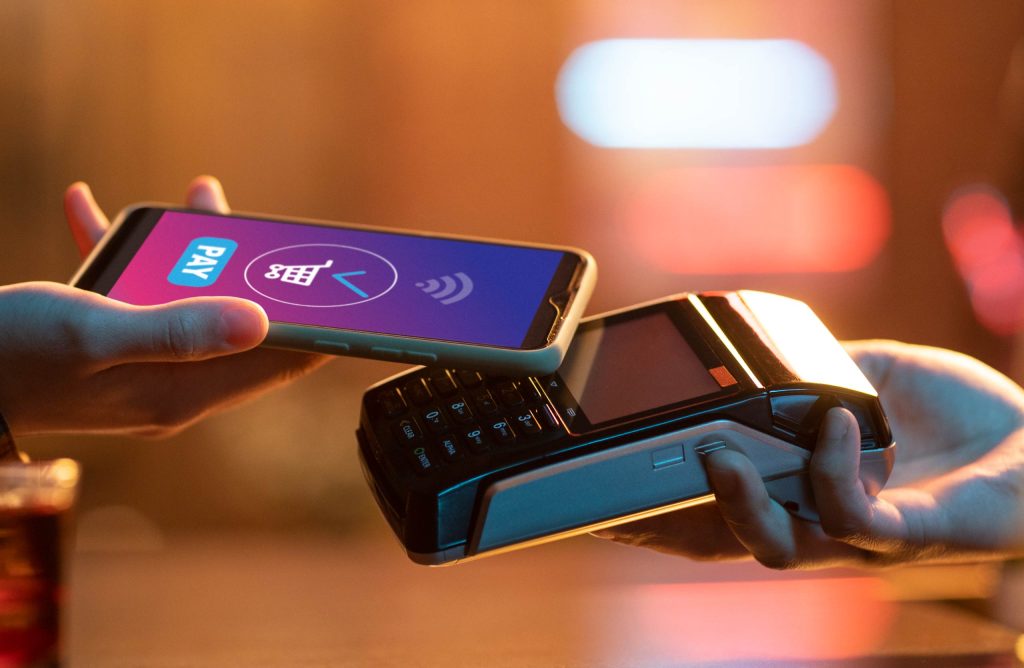Android has developed a way to connect people’s digital lives into the car in a safe experience. This means assisting drivers without distracting them from their focus on the road. In this post we are going to describe the different ways to connect users to the road with android and different aspects that developers must have.
What platforms do we have today for using android in cars?
Nowadays we find two platforms for android for cars: Android Auto and Android Automative OS (AAOS).
Android Auto

This platform is a Phone-based infotainment system.
To have Android Auto we need an Android Device (Android 5.0 or higher), download an Android Auto application and connect the phone via USB and in this way we have synchronization of applications, contacts and notifications.
Android Automative OS (AAOS)

Is an OS developed by Google with Intel running into vehicule devices. In this case a cell phone with android is not needed.
The user can download the applications directly in the car in an interface that the car manufacturer designs.
Both platforms are growing very rapidly, today we have 150 millions Android Auto compatible Cars across the world. About AAOS the experience that allows users to access Google assistant, Google Maps and apps from Google Play direct from the car without any device are now in Polestar, Volvo, General Motors and Renault, and it’s coming to many more soon.
What are the considerations to keep drivers safe we must take as developers?
The UI has to be as simple as possible to avoid distractions so don’t use animations or videos, encouraging keeping the driver focused on the road. It’s recommended to use Polarity of content, in the daytime use positive (dark text on light background) or negative (light text on dark background) and for nighttime must be negative polarity.
Provide a quick response for the user inputs. Drivers must understand task and system states in a fast way.
Using speech to text or Google assistant is an easy way to manage tasks, control everything related to navigation, communication, entertainment like watching a video or putting on a certain song or simply searching for the weather on the Internet.
Drivers must understand tasks and system states in a fast way so supply a quick response for the user inputs. Keep information visible and easy to touch.
Avoid using notifications and permissions. These things distract the driver, we just have to show importants things to the driver.
Don’t forget to use image vectors, screen cars can be very large and of different sizes.
What are the Categories of applications we can develop for Android Auto and/or AAOS?
- Media apps -> apps for playing music, radio, audiobooks, and other audio content in the car.
- Messaging apps -> apps for receiving incoming notifications, read messages aloud using text-to-speech, and send replies via voice input in the car.
- Navigation apps -> apps for driver/delivery service.
- Point of Interest (POI) apps -> apps that enable users to find a location and take relevant actions. Eg: parking, charging
- Video apps -> apps for display streaming video.
Conclusion
Android Auto is developed to make a more comfortable, connected and safe way to bring your phone into the road.
The possibility of accidents is reduced by the voice command option in which we can communicate with calls or messages and the navigation apps can make it an easy way for you to go anywhere. Also you can listen to your podcast, watch stream videos or youtube videos.
Are you looking to develop an app for your business?
At ThinkUp, we are a digital product development company obsessed with quality and specializing in mobile apps and unique user experiences.
We create world-class digital products for startups and enterprises to transform and empower businesses.






